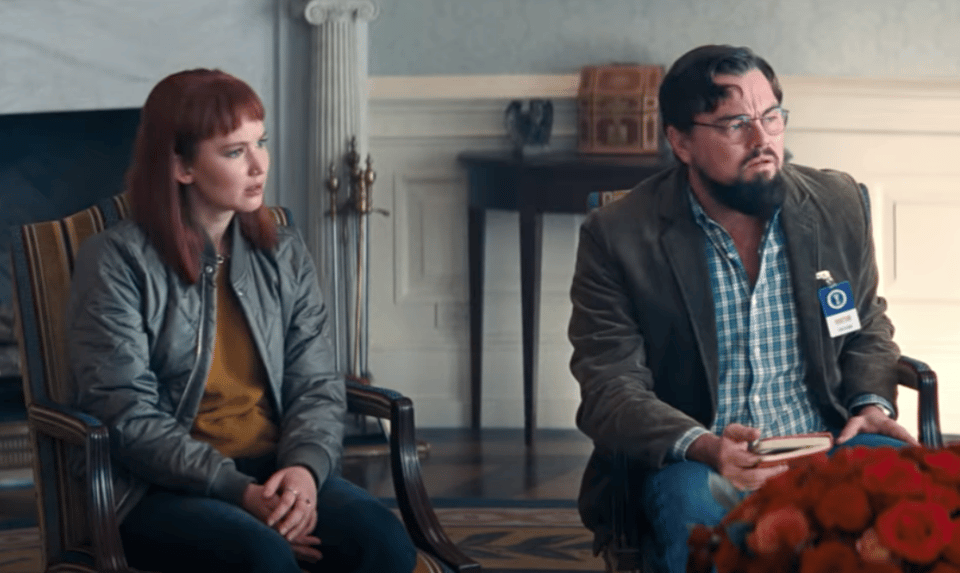Social media and the fate of the world
I spoke with Nick Couldry this week on Techtonic. He’s a professor at the London School of Economics with a new book called The Space of the World: Can Human Solidarity Survive Social Media and What If It Can’t? The show (see episode page or stream the show) digs into the problems of social media, how they affect us on a global scale, and how they foreclose the possibility of healthy society and politics.
One chapter in the book cites Aristotle, and Thomas Hobbes’ Leviathan, to explain the basic requirements of social cohesion. Aristotle suggests that the natural state of humanity is cooperation, while Hobbes offers the more pessimistic assessment that we’re predisposed toward “war of all against all.” Thus, Hobbes says, we need a structure that keeps us accountable to one another (this is his Leviathan), since the alternative is societal breakdown.
No matter whether you believe in the essential goodness or fallenness of human existence, one thing is for sure: algorithmic, growth-at-any-cost social media monopolies are not compatible with healthy society. The feeds from Big Tech amplify the worst, the most harmful, and the most extreme fringe voices – and thus drive society away from any chance of cooperation. We’re left with divided and isolated citizens, a rise in loneliness and addictive behavior, and the spread of conspiracy theories and hyper-polarization.
Facebook, Instagram, Google’s YouTube, TikTok, Snapchat: all of them follow this playbook. And every single person on earth is affected, whether we use those services or not. Just look at the state of politics today, in the US and beyond.
The rock
As Couldry’s book asks in the subtitle, can human solidarity survive social media? This is no idle question, as we consider the panoply of wicked problems facing the world. Threats to democracy, civil society, and the environment – as well as other problems – are in the news every day. But there’s something else that may present an acute challenge to the solidarity of our species.
I’m thinking of the asteroid.
The “riskiest asteroid ever detected,” also known as 2024 YR4, is headed for – we can only hope – a near-miss of Earth in December 2032. (Read more in Futurism, Jan 19, 2025.) If, as the date approaches, it turns out to be on a collision course with the planet, we’ll have to try to mobilize people before it arrives.
It this happens, our situation will be weirdly similar to the recent movie Don’t Look Up: scientists warning of an impending collision, while monopolistic social media companies do their best to keep citizens uninformed, deluded, and paranoid. (Meantime, no doubt, some tech billionaires will make plans to escape via rocket ship.)

The scenario seems far-fetched, I know, and it’s highly unlikely that the rock will collide with Earth. But contemplating this “what if” highlights the importance of solidarity in all sorts of other pressing problems. The things we need in order to create solutions – deliberation, communication, cooperation – are exactly what are at risk thanks to unethical Big Tech monopolies.
Couldry points to open-source efforts, like federated services, as examples of tech opposing Silicon Valley and actually working for good. It’s a daunting prospect. Taking on the wealthiest and most powerful people in the world is no small task, and the odds are against us – but really, what’s our alternative?
Again, I recommend listening to the show (see episode page or stream the show) as Nick Couldry describes the problems of social media, and how we can respond.
→ For more reading: from Nick Couldry and Ulises Mejias, in Tech Policy Press (Feb 19, 2025): Data Colonialism Comes Home To The US: Resistance Must Too.
→ Join our community: our membership is growing and you should be a part of it. Join Creative Good to continue the conversation on our Forum and support my work on this newsletter.
Until next time,
-mark
Mark Hurst, founder, Creative Good
Email: mark@creativegood.com
Podcast/radio show: techtonic.fm
Follow me on Bluesky or Mastodon
Remember: the asteroid ☄️ is on its way!
P.S. Your subscription is unpaid. Please support my work on the newsletter and join us at Creative Good. (You’ll also get access to our members-only Forum.)